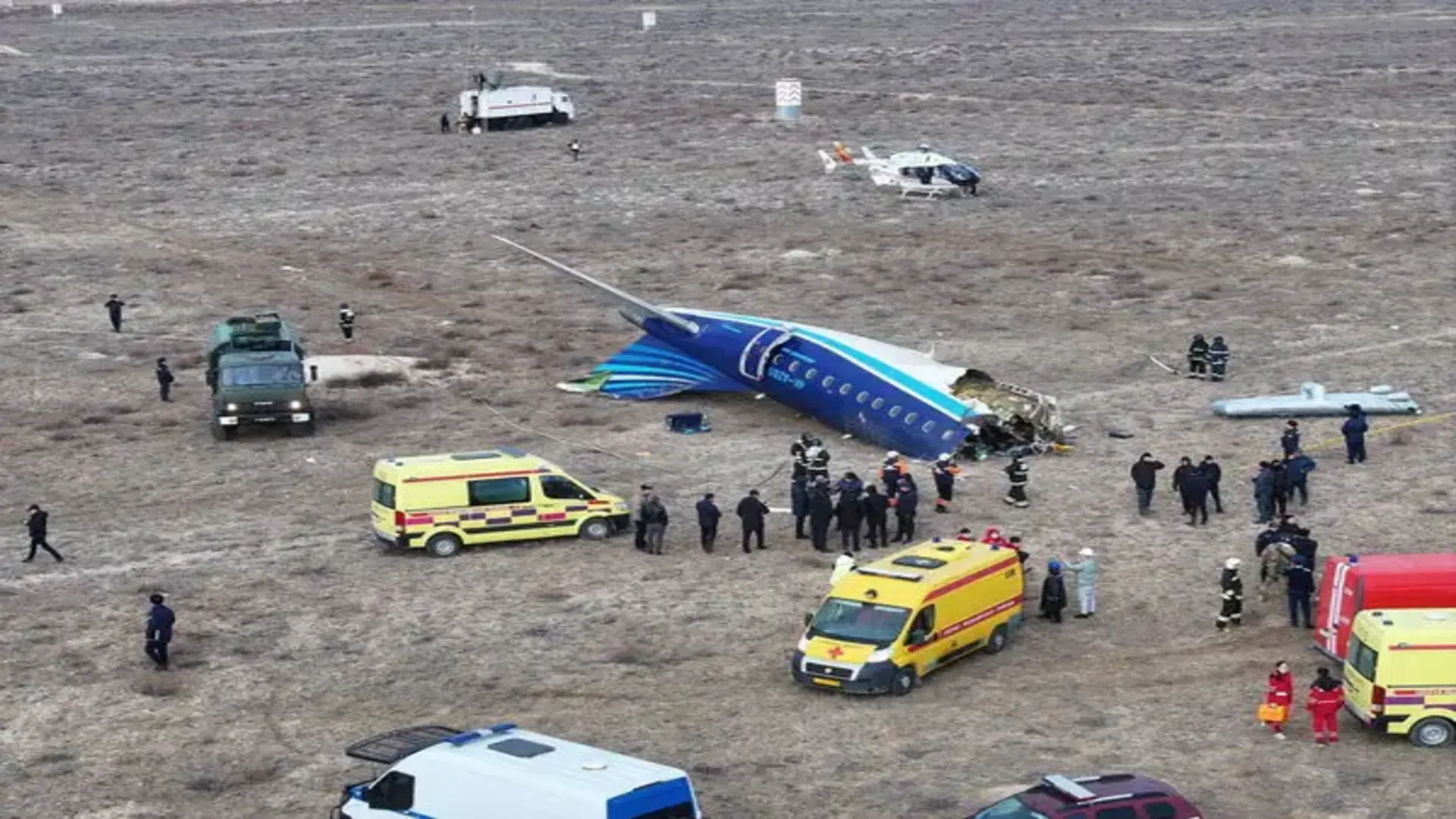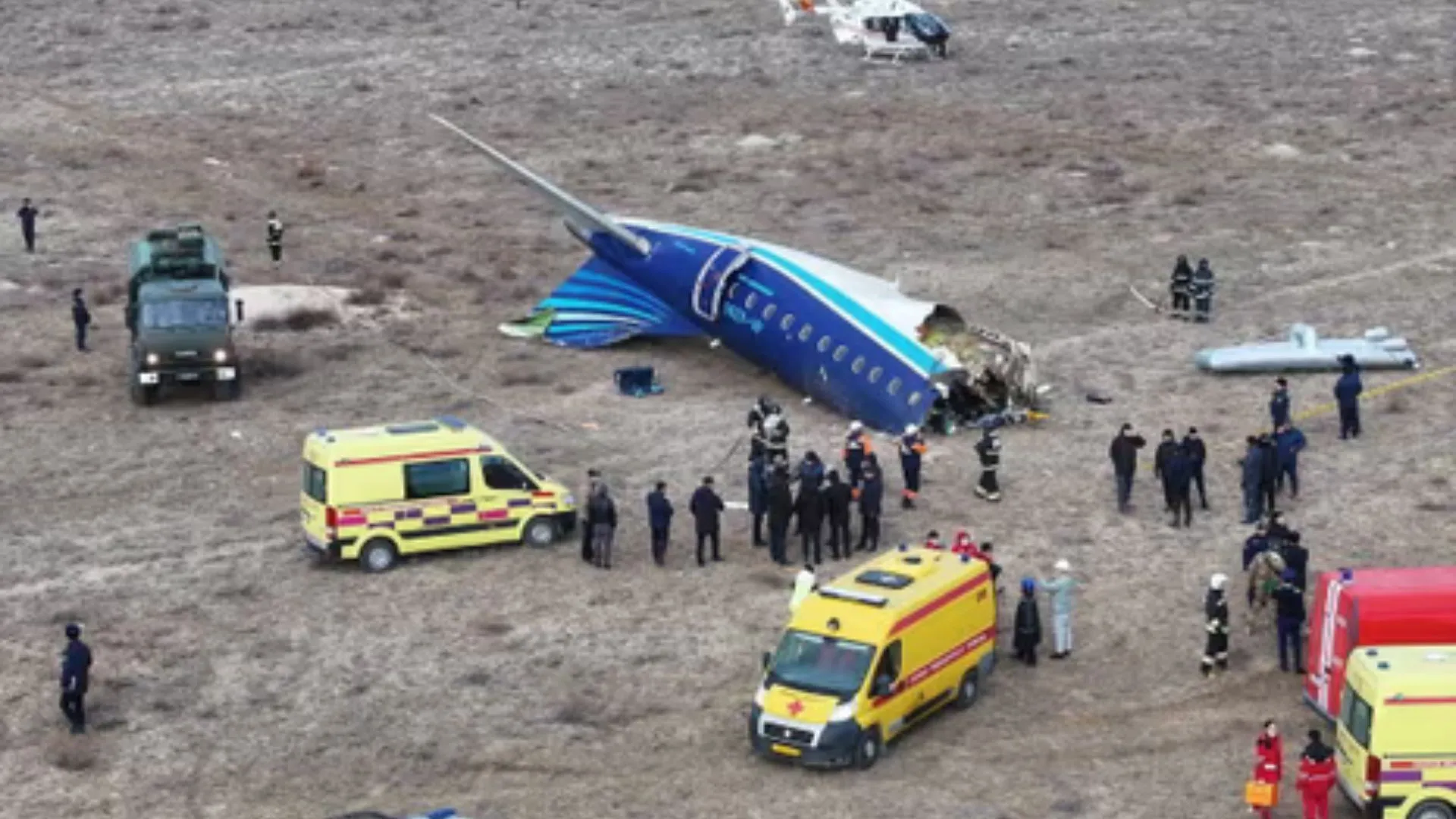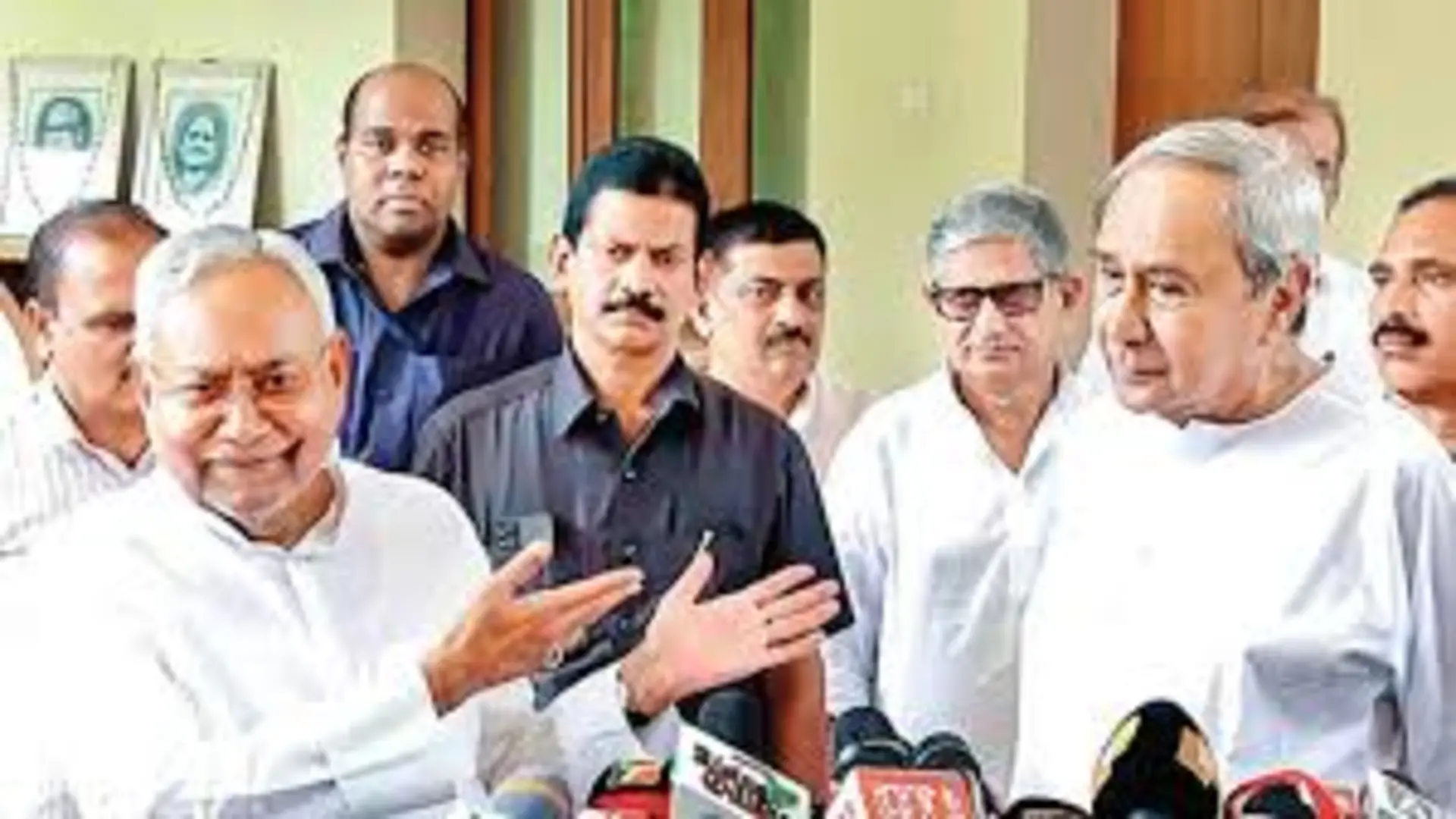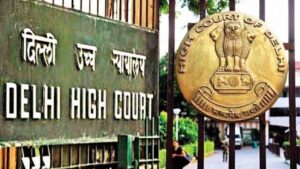While batting very strongly in favour of permitting, preserving and protecting the legal rights of the accused under POCSO Act, the Delhi High Court has in a most learned, laudable, landmark and latest oral judgment titled Sushil Kumar vs The State GNCTD Through SHO & Anr in CRL.M.C. 2595/2023 that was conducted through hybrid mode and pronounced finally on July 4, 2023 minced just no words to hold in no uncertain terms that the right of an accused to cross examine a witness is at a “higher pedestal” under the POCSO Act in view of the serious nature of offences and harsh punishment prescribed under the statute. While granting an accused the opportunity to cross examine a prosecution witness in a POCSO case, the Single Judge Bench comprising of Hon’ble Mr Justice Tushar Rao Gedela observed that, “The offences are of a very serious nature and considering the fact that the offences under POCSO Act prescribe very harsh punishment, it would not be out of place to hold that the right to cross examine would be all the more at a higher pedestal.”
CRL.M.A. 9811/2023 (Exemption)
At the very outset, this brief, brilliant, bold and balanced judgment authored by the Single Judge Bench comprising of Hon’ble Mr Justice Tushar Rao Gedela of Delhi High Court sets the ball in motion by first and foremost putting forth in para 1 that, “Exemption is allowed, subject to all just exceptions.” It is then stated in para 2 that, “Application stands disposed of.”
CRL.M.C. 2595/2023
To put things in perspective, the Bench envisages in para 3 that, “This is a petition under Section 482 of the Cr.P.C., 1973 seeking setting aside of the order dated 03.01.2023 passed by the learned Trial Court in CIS SC No.80/2020 arising out of the FIR No.92/2019, Police Station Tigri, for the offences under Section 354/354A/354D IPC, 1860 and Section 12 POCSO Act challenging the dismissal of the application under Section 311 Cr.P.C. seeking recall of PW1 for the purposes of cross examination.”
As we see, the Bench points out in para 4 that, “Mr. Kumar, learned counsel appearing for the petitioner submits that PW1 was present for recording of evidence on 17.12.2021, however, due to the inability of the counsel for the petitioner from appearing on 17.12.2021 and also for the reason that though the proxy counsel was present before the learned Trial Court seeking adjournment, the learned Trial Court did not grant adjournment and proceeded to record the evidence and closed the evidence of PW1. Learned counsel submits that after 17.12.2021, the other witnesses had appeared, who have been examined, cross examined and discharged by the learned Trial Court.”
Further, the Bench then elaborates in para 5 stating that, “Learned counsel submits that since PW1 is the main witness, the denial of right to cross examination would seriously prejudice the case of the petitioner as also be violative of the principals of natural justice. Learned counsel appearing for the petitioner thus submits that this would directly strike the roots of Article 21 of the Constitution of India therefore, the opportunity to cross examine the star witness ought to be made available.”
On the other hand, the Bench then lays bare in para 6 that, “Per contra, Mr. Haider, learned APP submits that a number of opportunities were afforded to the petitioner to conduct the cross examine despite which the petitioner did not avail of those opportunities.”
Furthermore, the Bench then also discloses in para 7 that, “Learned APP also submits that since the issue is also in respect of the offence under POCSO Act, the sensitivity with which the issue has to be handled by the Trial Court is paramount. Mr. Haider further submits that the learned Trial Court has also recorded in its order that 17.12.2021 was the second date for recording of evidence of PW1 and despite such opportunity, the petitioner did not avail of the same.”
What’s more, the Bench then also states in para 8 that, “Mr. Haider also submits that an application under Section 311 Cr.P.C. is also filed with inordinate delay of almost one year and in the meanwhile, as it is apparent from the record, as also from the submissions of learned counsel appearing for the petitioner, almost six witnesses other than PW1 have already been examined.”
Still more, the Bench then mentions in para 9 that, “Mr. Haider, learned APP also submits that the petitioner cannot be given continuous opportunities for such examination and the petition deserves to be dismissed.”
Needless to say, the Bench states in para 10 that, “This Court has considered the arguments addressed by learned counsel as also perused the impugned order passed by the learned Trial Court.”
Most forthrightly, the Bench mandates most unmistakably in para 11 that, “There is no doubt that in offences relating to security of women are concerned, the criminal courts are under an obligation to ensure that the witnesses are not harassed. However, keeping in view the fact that under Section 29 of the POCSO Act, there is presumption which is against the petitioner, which needs to be rebutted by way of proper opportunity to cross examine the witnesses. This right is indelible.”
Most significantly and also most remarkably, the Bench then hastens to add in para 12 holding that, “That apart, no doubt, that the petitioner had approached the learned Trial Court with an application under Section 311 after an inordinate delay of one year, however, that by itself that may not be the reason for depriving the petitioner from cross examining PW1. The offences are of a very serious in nature and considering the fact that the offences under POCSO Act prescribe very harsh punishment, it would not be out of place to hold that the right to cross examine would be all the more at a higher pedestal.”
As a corollary, the Bench then propounds in para 13 that, “In that view of this matter, this Court is of the considered opinion that the petitioner can be afforded an opportunity to cross examine PW1 on one single date.”
Adding more to it, the Bench then enunciates in para 14 that, “It is informed that the matter is now listed before the Special Court on 07.08.2023.”
It would be germane to note that the Bench then is very categorical in stipulating in para 15 that, “The counsel is directed to present PW1 for cross examination by the petitioner on 07.08.2023. Petitioner shall ensure that the cross examination commences and is completed on 07.08.2023. No further opportunity of any kind will be given or afforded to the petitioner other than 07.08.2023.”
For the sake of clarity, the Bench clarifies in para 16 that, “The learned Trial Court thereafter is at liberty to proceed with the recording of the evidence of the remaining witnesses.”
Quite forthrightly, the Bench directs in para 17 that, “The petitioner shall pay a sum of Rs.10,000/- to the witness as a pre condition for the opportunity granted today to be paid within one week from today.”
Adding more to it, the Bench then further adds in para 18 stipulating that, “If there is any infraction in the above conditions, the opportunity so granted today, shall automatically stand vacated.”
Finally, the Bench then concludes by holding in para 19 that, “The petition stands disposed of.”
In sum, we thus see that the Delhi High Court has been most categorical in pointing out most clearly that for the offences under POCSO Act which prescribes very harsh punishment, it would not be out of context to place the accused’s right to cross examine the witnesses at a more higher pedestal. It also cannot be denied that if the accused does not get the opportunity to cross examine the witnesses there is a very strong probability of the accused being prejudiced in a manner that is detrimental to the right of the accused to get a fair opportunity to defend himself in a criminal trial. Having said this, the Court also made it indubitably clear that the cross examination is complete by 07.08.2023 and now no further opportunity would be given to the accused who is the petitioner. The petitioner was also very rightly directed to pay Rs 10,000/- within one week from the date of judgment which has to be complied with.








